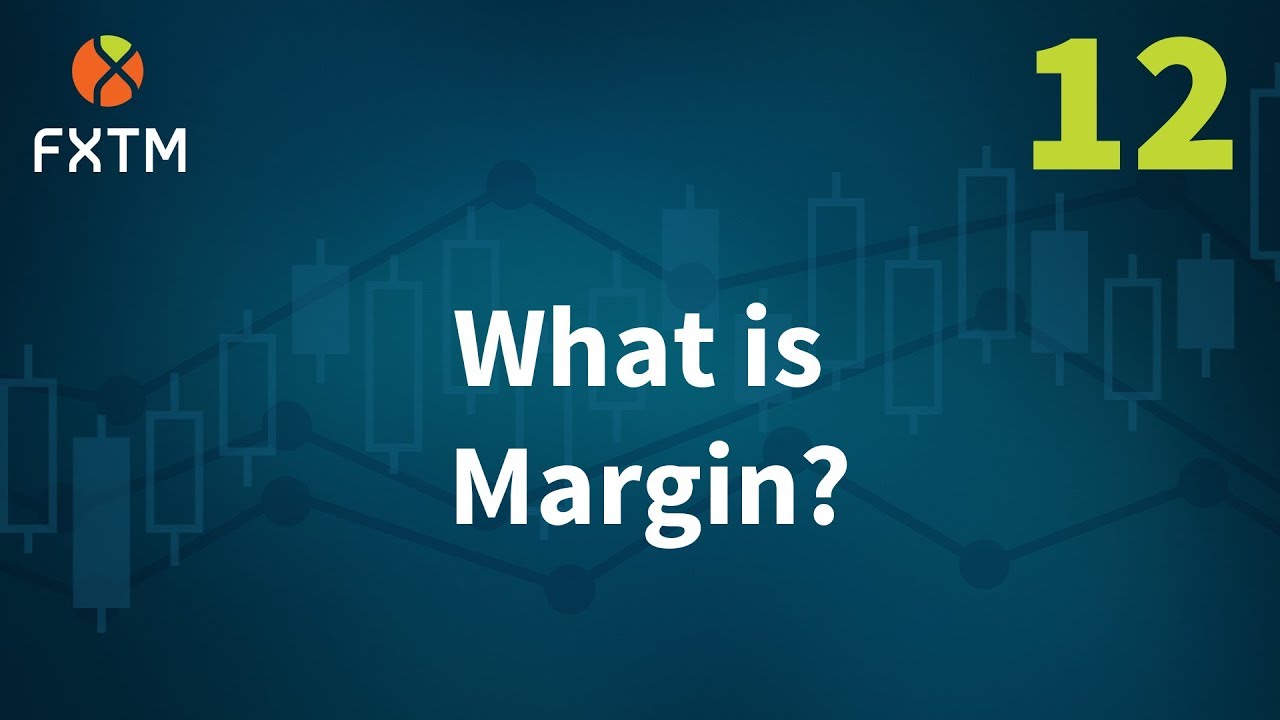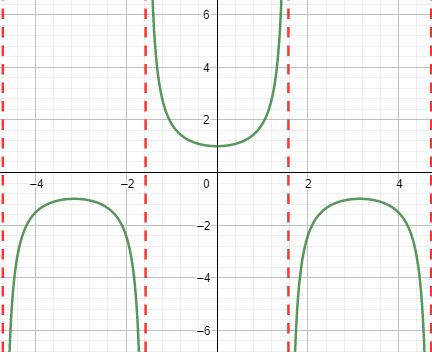
If you're worried about investing during a recession, here are some tips: Invest in sectors that will remain profitable throughout the cycle, such as consumer staples. Bonds are also an option. Procter & Gamble and other consumer staples companies are examples of the largest defensive sector. They provide stability to the economy and can help you to protect your money while the economy is recovering.
Investing in industries that are not cyclical
If you are in times of economic uncertainty, it may be worth investing in stocks from non-cyclical sectors to help you save your money and minimize losses. Stocks in companies that offer products and services people are interested in can be great investments during a recession. These companies include those who offer home improvements, fashion goods, and restaurants.
Non-cyclical industries are not affected by a recession and will continue to provide good returns even if the economy suffers from a downturn. These companies have shorter product cycles and are more resistant to recession. These companies are efficient, have high return on capital and are more efficient. You should look at the company's historic average return on equity to help you determine its value in times of recession when selecting stocks to invest.

Investing in dividend-producing stocks
A dividend-producing stock is a great way to invest during a recession. These stocks can give you a cushion in times of market volatility. The dividends can also be used as a dollar-cost averaging strategy. Actively managed mutual funds are more likely to outperform their peers during recessions by between four and six percentage points. Likewise, bonds tend to do well during these times. However, be sure to invest in investment-grade bonds.
Dividend-producing stocks tend to be more conservatively priced than other types. However, you must still do your research before investing in any stock. If a company is paying out very high dividends, it may be forced to reduce them if business conditions get worse. And remember: past performance is no guarantee of future performance.
Invest in fast food restaurants
One of the best ways to make money in a recession is to invest in fast-food restaurants. These businesses are more profitable than other tenants and can see steady profits even during economic downturns. During the pandemic, sales at drive-thru fast-food restaurants did not drop. Mid-2021 saw them rebound and increase eight percent to $38.2billion.
Fast food isn't always a good investment. Despite many restaurants closing due to the pandemic they still enjoy the popularity of large-name fast-food companies and the low-cost meals they offer. Another smart way to make money in a recession is by investing in franchises. People look for franchises because they think they'll rebound quickly.

Bond investing
One of the most popular ways to invest during a recession is with bonds. These securities are issued by government and company debt units, and investors get regular payments. Their initial investment is also returned when the bonds mature to preserve their capital. High quality credit ratings are a great way to protect your capital in a recession.
Inflation is less likely to be a problem with fixed interest payments due to recessions. As new bonds are issued at lower yields, low interest rates can also boost bond prices. The inherent value of bonds that are already in existence rises in line with current market conditions.
FAQ
What is the role and function of the Securities and Exchange Commission
SEC regulates brokerage-dealers, securities exchanges, investment firms, and any other entities involved with the distribution of securities. It also enforces federal securities laws.
How does inflation affect the stock market
Inflation affects the stock markets because investors must pay more each year to buy goods and services. As prices rise, stocks fall. Stocks fall as a result.
What is the main difference between the stock exchange and the securities marketplace?
The securities market refers to the entire set of companies listed on an exchange for trading shares. This includes stocks as well options, futures and other financial instruments. There are two types of stock markets: primary and secondary. Stock markets are divided into two categories: primary and secondary. Secondary stock markets let investors trade privately and are smaller than the NYSE (New York Stock Exchange). These include OTC Bulletin Board, Pink Sheets and Nasdaq SmallCap market.
Stock markets are important because they provide a place where people can buy and sell shares of businesses. Their value is determined by the price at which shares can be traded. A company issues new shares to the public whenever it goes public. Dividends are paid to investors who buy these shares. Dividends can be described as payments made by corporations to shareholders.
Stock markets are not only a place to buy and sell, but also serve as a tool of corporate governance. Boards of directors, elected by shareholders, oversee the management. Boards ensure that managers use ethical business practices. The government can replace a board that fails to fulfill this role if it is not performing.
How do I invest on the stock market
Through brokers, you can purchase or sell securities. Brokers buy and sell securities for you. You pay brokerage commissions when you trade securities.
Banks charge lower fees for brokers than they do for banks. Banks often offer better rates because they don't make their money selling securities.
If you want to invest in stocks, you must open an account with a bank or broker.
Brokers will let you know how much it costs for you to sell or buy securities. This fee will be calculated based on the transaction size.
Ask your broker:
-
the minimum amount that you must deposit to start trading
-
If you close your position prior to expiration, are there additional charges?
-
What happens when you lose more $5,000 in a day?
-
How long can you hold positions while not paying taxes?
-
How much you can borrow against your portfolio
-
whether you can transfer funds between accounts
-
How long it takes transactions to settle
-
The best way buy or sell securities
-
how to avoid fraud
-
How to get help if needed
-
whether you can stop trading at any time
-
How to report trades to government
-
Whether you are required to file reports with SEC
-
How important it is to keep track of transactions
-
How do you register with the SEC?
-
What is registration?
-
How does it impact me?
-
Who is required to register?
-
When do I need to register?
What are the advantages to owning stocks?
Stocks are more volatile that bonds. When a company goes bankrupt, the value of its shares will fall dramatically.
However, if a company grows, then the share price will rise.
To raise capital, companies often issue new shares. This allows investors to buy more shares in the company.
Companies can borrow money through debt finance. This allows them to access cheap credit which allows them to grow quicker.
Good products are more popular than bad ones. The stock price rises as the demand for it increases.
The stock price will continue to rise as long that the company continues to make products that people like.
What is a "bond"?
A bond agreement is a contract between two parties that allows money to be transferred for goods or services. It is also known simply as a contract.
A bond is typically written on paper, signed by both parties. This document details the date, amount owed, interest rates, and other pertinent information.
The bond can be used when there are risks, such if a company fails or someone violates a promise.
Bonds are often used together with other types of loans, such as mortgages. This means the borrower must repay the loan as well as any interest.
Bonds can also be used to raise funds for large projects such as building roads, bridges and hospitals.
A bond becomes due when it matures. This means that the bond's owner will be paid the principal and any interest.
If a bond isn't paid back, the lender will lose its money.
Are bonds tradeable
Yes they are. Bonds are traded on exchanges just as shares are. They have been for many, many years.
They are different in that you can't buy bonds directly from the issuer. You will need to go through a broker to purchase them.
It is much easier to buy bonds because there are no intermediaries. This means that you will have to find someone who is willing to buy your bond.
There are many different types of bonds. There are many types of bonds. Some pay regular interest while others don't.
Some pay quarterly, while others pay interest each year. These differences allow bonds to be easily compared.
Bonds can be very useful for investing your money. In other words, PS10,000 could be invested in a savings account to earn 0.75% annually. You would earn 12.5% per annum if you put the same amount into a 10-year government bond.
If all of these investments were accumulated into a portfolio then the total return over ten year would be higher with the bond investment.
Statistics
- US resident who opens a new IBKR Pro individual or joint account receives a 0.25% rate reduction on margin loans. (nerdwallet.com)
- For instance, an individual or entity that owns 100,000 shares of a company with one million outstanding shares would have a 10% ownership stake. (investopedia.com)
- "If all of your money's in one stock, you could potentially lose 50% of it overnight," Moore says. (nerdwallet.com)
- Even if you find talent for trading stocks, allocating more than 10% of your portfolio to an individual stock can expose your savings to too much volatility. (nerdwallet.com)
External Links
How To
How to make a trading plan
A trading plan helps you manage your money effectively. It helps you identify your financial goals and how much you have.
Before you start a trading strategy, think about what you are trying to accomplish. It may be to earn more, save money, or reduce your spending. You might want to invest your money in shares and bonds if it's saving you money. If you earn interest, you can put it in a savings account or get a house. You might also want to save money by going on vacation or buying yourself something nice.
Once you know your financial goals, you will need to figure out how much you can afford to start. This depends on where your home is and whether you have loans or other debts. Consider how much income you have each month or week. Your income is the net amount of money you make after paying taxes.
Next, you will need to have enough money saved to pay for your expenses. These include rent, food and travel costs. Your monthly spending includes all these items.
You'll also need to determine how much you still have at the end the month. This is your net income.
This information will help you make smarter decisions about how you spend your money.
You can download one from the internet to get started with a basic trading plan. Ask someone with experience in investing for help.
Here's an example of a simple Excel spreadsheet that you can open in Microsoft Excel.
This graph shows your total income and expenditures so far. Notice that it includes your current bank balance and investment portfolio.
Here's another example. A financial planner has designed this one.
It will help you calculate how much risk you can afford.
Remember, you can't predict the future. Instead, focus on using your money wisely today.